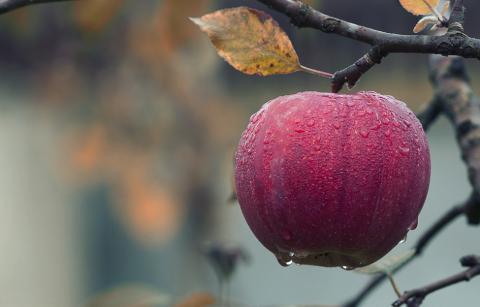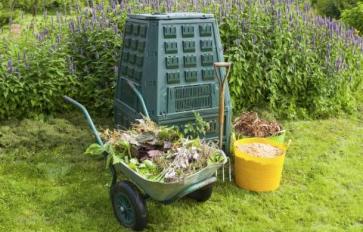
Have you ever thought about getting your garden or farm officially certified as organic by the United States Department of Agriculture (USDA)? Obtaining a USDA organic certification means that your garden or farm products officially meet USDA organic regulations. This certification allows you to label, sell, and represent the products you grow or produce as being “organic.” If you are at all interested in learning more about this process or doing this, here are 5 important facts you will need to know ahead of time.
Fact 1: The USDA states that it certifies four main categories in regards to organic products.
- Crops: A plant which is grown to be harvested as food, livestock feed, fiber, or used to add nutrients.
- Livestock: Animals that may be used for food or in the production of food, fiber, or feed.
- Processed products: Produced items that have been handled and packaged.
- Wild crops: Plants from a growing site that are not cultivated.
Fact 2: Per the USDA, for your operation to be certified organic, you must first apply with an accredited USDA certifying agent. Here are the important things you must remember to provide the USDA certifying agent.
- “A detailed description of the operation to be certified.”
- “A history of substances applied to land during the previous three years.”
- “The organic products grown, raised, or processed.”
- “A written Organic System Plan describing the practices and substances to be used.”
Fact 3: It is not worth the risk to sell or label products as organic without the USDA certification label. The USDA states “people who sell or label a product ‘organic’ when they know it does not meet USDA standards can be fined up to $11,000 for each violation.”
Fact 4: The cost for certification may vary. Getting USDA organically certified can cost anywhere from a hundred to thousands of dollars because the pricing determines on several different factors, such as the size, complexity, or type of operation obtaining certification. Understanding the certification costs and what you are paying for before applying is highly recommended.
Fact 5: Although getting certified can sometimes be expensive, the USDA may be able to assist you financially in obtaining your USDA organic certification. There are many USDA agencies as well as external non-profit organizations that can help provide you with financial assistance to support funding for your organic certification. There are also Organic Certification Cost Control Shares, which may reimburse you up to 75 percent if your operation is considered eligible.
If you are interested in the USDA organic certification for your farm or garden, knowing these few important facts before you apply can help you out a lot. Feel free to find more information and facts by visiting the USDA website.
As always, stay tuned for more organic home gardening tips and ideas.








